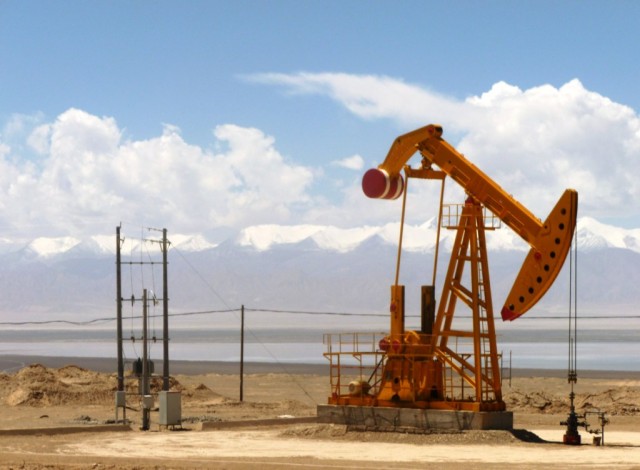
A victim of poachers in Kenya: elephants are among the species most impacted by humans, the WWF report found.
Credit: imageBROKER/REX/Shutterstock
The number of wild animals living on Earth is set to fall by two-thirds by 2020, according to a new report, part of a mass extinction that is destroying the natural world upon which humanity depends.
The analysis, the most comprehensive to date, indicates that animal populations plummeted by 58% between 1970 and 2012, with losses on track to reach 67% by 2020. Researchers from WWF and the Zoological Society of London compiled the report from scientific data and found that the destruction of wild habitats, hunting and pollution were to blame.
The creatures being lost range from mountains to forests to rivers and the seas and include well-known endangered species such as elephants and gorillas and lesser known creatures such as vultures […]

Credit: Shutterstock
The news last week that summer ice covering the Arctic Ocean was tied for the second-lowest extent on record is a sobering reminder that the planet is swiftly heading toward a largely ice-free Arctic in the warmer months, possibly as early as 2020.
After that, we can expect the ice-free period in the Arctic basin to expand to three to four months a year, and eventually to five months or more.
Since my days measuring the thickness of Arctic Ocean ice from British nuclear submarines in the early 1970s, I have witnessed a stunning decline in the sea ice covering the northern polar regions — a more than 50 percent drop in extent in summer, and an even steeper reduction in ice volume. Just a few decades ago, ice 10 to 12 feet thick covered the North Pole, with sub-surface ice ridges in some parts of the Arctic extending down to 150 feet. Now, that ice is long gone, while the total volume of Arctic sea ice in late summer has declined,

Credit: Green Car Reports
It goes without saying that mass adoption of electric cars would lead to a massive decrease in oil consumption over time.
So far, though, the oil industry hasn’t seemed to give plug-in electric cars much attention.
ExxonMobil and OPEC have both predicted that, even by 2040, electric cars will make up less than 10 percent of global new-car sales.
But a leading credit agency believes the oil industry should view electric cars as a much more serious threat.
Fitch Ratings believes electric cars pose a “resoundingly negative” threat to oil companies, and that the industry should plan for “radical change,” according to the Financial Times (subscription required).
In a report on the potential impact of battery technology on established industries, Fitch acknowledged that mass electric-car adoption could be a long, drawn-out process.
 Oil well (photo by John Hill)
Oil well (photo by John Hill)












